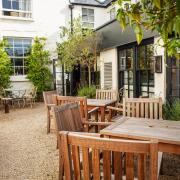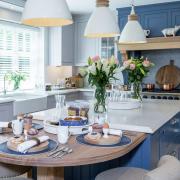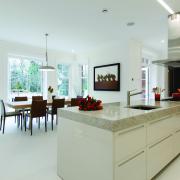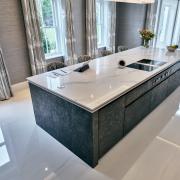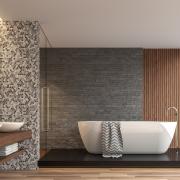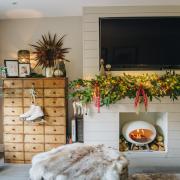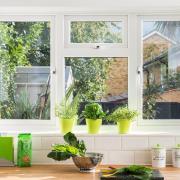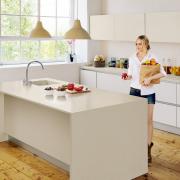Maximise your house for added quality of life and added value. Matthew Hallett of Strutt & Parker tells you how...
We hear a lot these days about how to increase houses' value and market them successfully, rather less about how to maximise their potential as permanent homes. But most people don't want or expect to sell up every couple of years so chances are that any home improvements won't be done with an eye to luring buyers. The emphasis should be on making the most of the living space to create a practical, pleasant and adaptable environment."Most people have a good idea of how they want to improve their house," says Matthew Hallett of property specialists Strutt & Parker, whose Architecture and Building Consultancy Department specialises in improving houses and making them work."They come with a specific problem area, such as a badly configured hallway or an intrusive staircase. But often that is just the first step"
Time and cost"Before you embark on any kind of improvements, there are a few points to ponder. Budgets are an obvious concern, but can be stretched by not doing everything at once: prioritise the changes you want to make and take each one in turn, as and when you can afford it. "Timescale is also fundamental. Once you have decided how many months or years you are prepared to take to get the whole house done, you can break up the work into affordable chunks, and set targets to save towards."It is important to consider how well balanced your improved home will be. For example, a five-bedroom house with only two reception rooms is top-heavy: adding a reception room would balance it out. Converting a loft could result in a four-bedroom house with only one reception and a downstairs bathroom."Finally, anticipate your future needs. Are you likely to have more children? Your living space will not be static; it will need to adapt to your changing lifestyle."In most cases planning permission will be required before carrying out any work, but as long as your plans are careful and in proportion with the existing property it should be easy to obtain.
Don't skimp on storageSo what are the best uses for a house's space? "Much depends on the size and type of a house," says Matthew. "But there are a few obvious things which will always be useful - and add value."You can never have enough storage space, especially if you have already expanded your house the most obvious way, by converting the loft and garage. With those favourite dumping spaces gone, you'll need to think about where to keep all your clutter. A boot room, where boots, shoes, coats and brollies can be kept, is a boon; it's amazing how much space such paraphernalia takes up in cupboards and hallways."A well-organised laundry room, with plenty of shelving, keeps the kitchen clear and makes washing much easier. And a study - either a dedicated office or a slice of a hallway or landing properly kitted out with desk space and shelving - will benefit the whole family."Finally, if you can manage it, a hobby room makes a practical haven away from the main living area."If you are thinking of reconfiguring your house, or adding to it, it is worth consulting an architect, who will be expert at 'reading' spaces and understanding how to make the house reflect the way you live. He will see the potential of the most unassuming corner and know how to maximise an interior. And he can ensure value for money by advising on the best way to spend it."The secret of maximising a property's potential lies not in how much money you spend but on how much thought you put into your plans," says Matthew. "Focus on how to improve the day-to-day experience of living in the house, not on how much it will increase its value. And if your plans are well thought through, the added value will come as a bonus."
Srutt & Parker, tel: 01962 890077 or visit www.struttandparker.com



